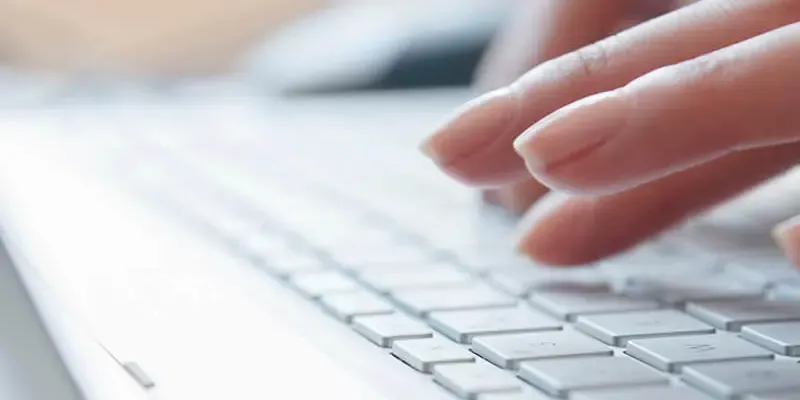The Bank of New Glarus
Updated 12:33 PM CDT, Wed September 27, 2023
Published Under: General

There’s no question that the Internet makes life easier in many ways. Shopping, communicating and storing information are just a few of the ways we all use the web. However, it also comes with risks. To keep your financial information safe online, follow these tips:
Use a Secure Connection and Strong Passwords
If you frequently shop online, keep in mind that any purchases made via the web require transmitting your credit card and/or bank account information over the Internet. Hackers can tap into unsecured Wi-Fi connections at hotspots like coffee shops and airport terminals to capture that information. If you’re using a wireless connection to shop, be sure that it requires a password or WEP key. Websites that have additional security protections have https:// instead of http:// on all pages of the site. Using strong passwords on all of your online accounts is also an essential protection. Do not use your name, birthday or pet’s name, as this information is readily available to many people, especially if you post it on social media. If you use any passwords that made SkyHigh’s 20 Most Common Passwords list, change them immediately.
Monitor Your Credit Report
Your credit score affects many aspects of your life, including interest rates on large purchases, obtaining loans, and even renting an apartment. Make sure you check your credit report three times per year (one for each of the three major credit reporting agencies: Experian, TransUnion and Equifax). You can do so for free by visiting www.annualcreditreport.com. Watch for unauthorized accounts, loans or purchases because they will damage your credit and signal that your identity may have been stolen. If you find inaccuracies in your report, you can dispute those errors online, by mail or over the phone by contacting the credit bureau where you found the inaccurate report (contact information will be on the report itself).
Take Action
If you hear about a data breach or other fraud that might possibly affect your account, be proactive and change any related passwords. This is especially critical if you use the same password on multiple accounts (which you should avoid doing anyway). If you notice suspicious charges on your credit card or transfers from your banking account, contact your bank right away to notify them of the issue. They may put a freeze on the account to prevent further fraud, but this will keep the criminals from emptying your account.
Comments